This website, while active, is no longer being frequently updated. For the most recent information visit our Oxford website: https://mechmat.web.ox.ac.uk/
Principal Investigator - Dr Emilio Martínez-Pañeda
 Emilio Martínez-Pañeda is a Senior Lecturer (US Associate Professor) in Mechanics of Materials. He joined Imperial as a Lecturer (US Asst. Prof.) in September 2019. Before, he was an 1851 Research Fellow at the University of Cambridge. His interests span a wide range of research challenges that lie at the interface between mechanics and other disciplines, such as materials science, geology, chemistry and structural engineering. For more details, including a list of honours and awards, visit www.imperial.ac.uk/people/e.martinez-paneda and www.empaneda.com.
Emilio Martínez-Pañeda is a Senior Lecturer (US Associate Professor) in Mechanics of Materials. He joined Imperial as a Lecturer (US Asst. Prof.) in September 2019. Before, he was an 1851 Research Fellow at the University of Cambridge. His interests span a wide range of research challenges that lie at the interface between mechanics and other disciplines, such as materials science, geology, chemistry and structural engineering. For more details, including a list of honours and awards, visit www.imperial.ac.uk/people/e.martinez-paneda and www.empaneda.com.
Postdoctoral researchers
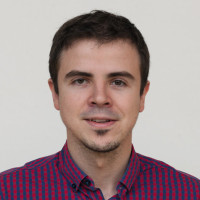 Dr Sergio Lucarini
Dr Sergio Lucarini
Sergio Lucarini obtained his PhD from Madrid Polytechnic and IMDEA Materials and is currently working in developing new multi-physics models for predicting corrosion fatigue. He is a Marie Curie Individual Fellow (SIMCOFAT grant). [Paper 1]
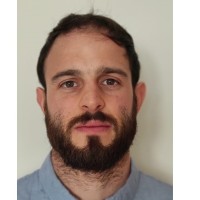 Dr Alfredo Zafra
Dr Alfredo Zafra
Alfredo Zafra obtained his PhD from the University of Oviedo and conducts mechanical and electrochemical experiments to understand the susceptibility of metals to hydrogen embrittlement. He is funded by the NanoHMAT EPSRC grant. [Paper 1] [Paper 2] [Paper 3]
 Dr Tim Hageman
Dr Tim Hageman
Tim Hageman obtained his PhD from the University of Sheffield with Prof. René de Borst FREng and he conducts multi-physics simulations to quantify hydrogen ingress in metals and the crevasse growth in ice-sheets. He is currently an 1851 Research Fellow and was previously funded by the NEXTGEM EPSRC grant. [Paper 1] [Paper 2] [Paper 3] [Paper 4]
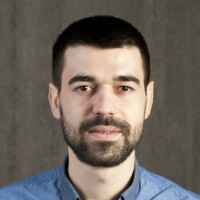 Dr Sasa Kovacevic
Dr Sasa Kovacevic
Sasa Kovacevic obtained his PhD from Washington State University and works in understanding material degradation challenges at the interface between mechanics and chemistry. He is funded by the UKRI Future Leaders Fellowship grant NEWPHASE. [Paper 1]
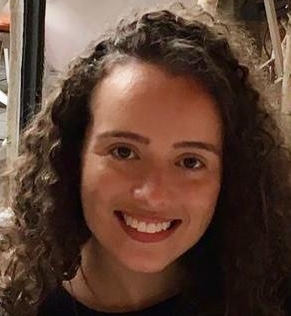 Dr Livia Cupertino Malheiros
Dr Livia Cupertino Malheiros
Livia obtained her PhD from La Rochelle University with Prof. Xavier Feaugas and works in developing new mechanical and electrochemical experimental protocols to better understand corrosion and hydrogen embrittlement. She is funded by the UKRI Future Leaders Fellowship grant NEWPHASE.
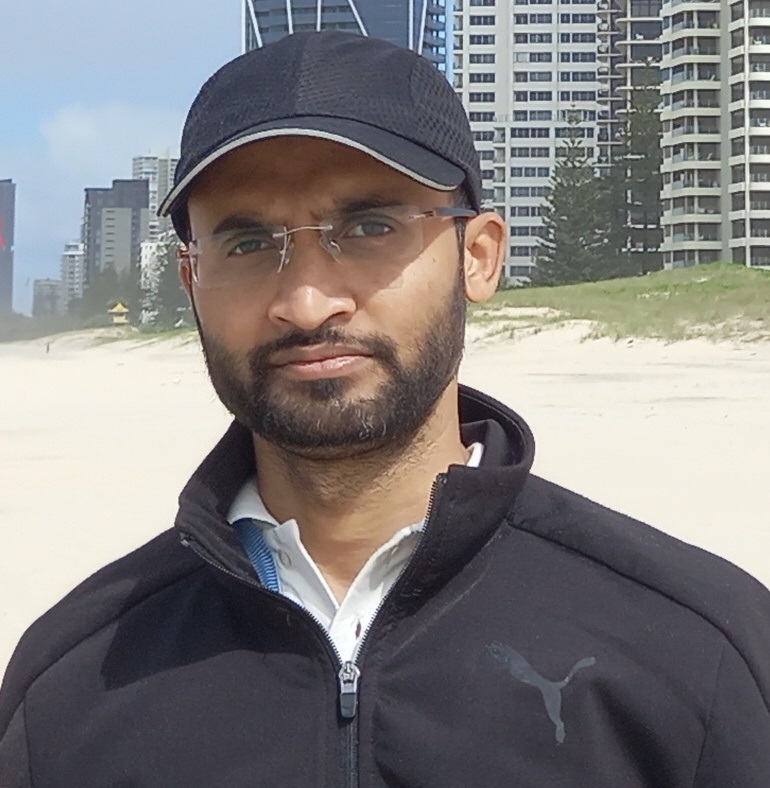 Dr Tushar K. Mandal
Dr Tushar K. Mandal
Tushar obtained his PhD from Monash University and works in developing new phase field-based computational tools for predicting hydrogen assisted failures and biomaterial degradation. He is funded by a Royal Society Newton International Fellowship.
 Dr Chuanjie Cui
Dr Chuanjie Cui
Chuanjie obtained his PhD from Tongji University, spending long periods at Imperial as a visitor, and works in developing new computational tools to assess the integrity of metallic components for hydrogen storage and transport. He is funded by an R&D contract with TENARIS and has recently secured a Marie Curie Individual Fellowship.
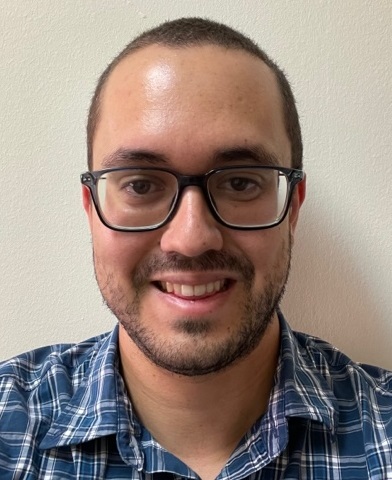 Dr Andres Montoya
Dr Andres Montoya
Andres obtained his PhD from the University Carlos III of Madrid (UC3M) and has joined the group with a Margarita Salas Fellowship to address the challenges resulting from the uptake of hydrogen in aviation.
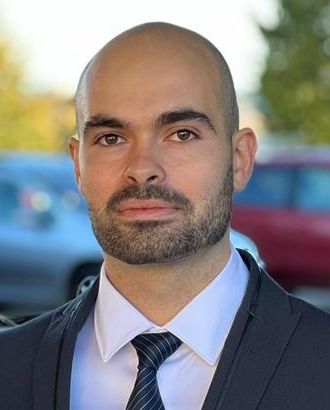 Dr Guillermo Álvarez
Dr Guillermo Álvarez
Guillermo obtained his PhD from the University of Oviedo, spending time at Imperial College as a visitor, and has joined the group with a Margarita Salas Fellowship to work on experimental characterisation of hydrogen embrittlement and oxidation of metals. [Paper 1] Dr Hyoung Jun Lim
Dr Hyoung Jun Lim
Hyoung Lim obtained his PhD from Seoul National University and joined the group funded by the HISTORY project. Also integrated within the Electrochemical Science and Engineering group, Hyoung Lim develops new electro-chemo-mechanical models for solid-state batteries.
PhD students
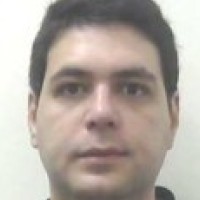 Mehrdad Isfandbod
Mehrdad Isfandbod
Funded by an EPSRC scholarship and educated in the University of Tehran (Civil Engineering) and Queen Mary University of London (First Class Degree in Mechanical Engineering), Mehrdad works on developing new predictive models for hydrogen embrittlement and other environmentally assisted cracking problems. [Paper 1]
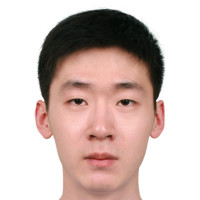 Runzi Wang
Runzi Wang
Educated in the Beijing Institute of Technology, RWTH Aachen University and the University of Manchester (MSc Mechanical Engineering Design; distinction), Runzi develops new phase field based models for predicting the degradation of solid-state Li-Ion batteries. [Paper 1] [Paper 2]

Educated in the University of Surrey (First Class MEng degree in Civil Engineering) and funded by the Science and Solutions for a Changing Planet DTP, Theo develops new computational models for predicting ice-sheet fracture and iceberg calving. [Paper 1]
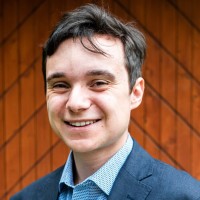 Evzen Korec
Evzen Korec
Educated in the Czech Technical University (CTU) in Prague (BSc and MSc degrees in Civil Engineering), Evzen is an Imperial College President's PhD Scholar and works in developing new models for unravelling corrosion and stress corrosion cracking. [Paper 1]
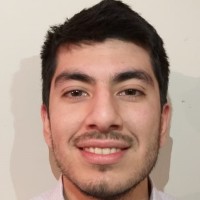 Leonel Quinteros
Leonel Quinteros
Educated in the University of Chile (MEng in Mechanical Engineering, 7/7) and recipient of a Conicyt Scholarship, Leonel works in developing smart skins for identifying localised damage in engineering structures. [Paper 1] [Paper 2]
 Yang Tu
Yang Tu
Educated in Wuhan University (BSc Physics) and Ecole Centrale Paris, University of Paris-Saclay (First Class MEng in Mechanical and Aerospace Eng.), Yang works on developing new multi-physics models for predicting and optimising interfaces in battery technology.
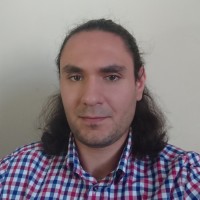 Maciej Makuch
Maciej Makuch
Educated in Aberystwyth University (Frist Class MPhys in Physics), Maciej works in developing new electro-chemo-mechanical phase field-based models to predict localised corrosion damage. He is part of the EPSRC Centre for Doctoral Training in Nuclear Energy Futures.
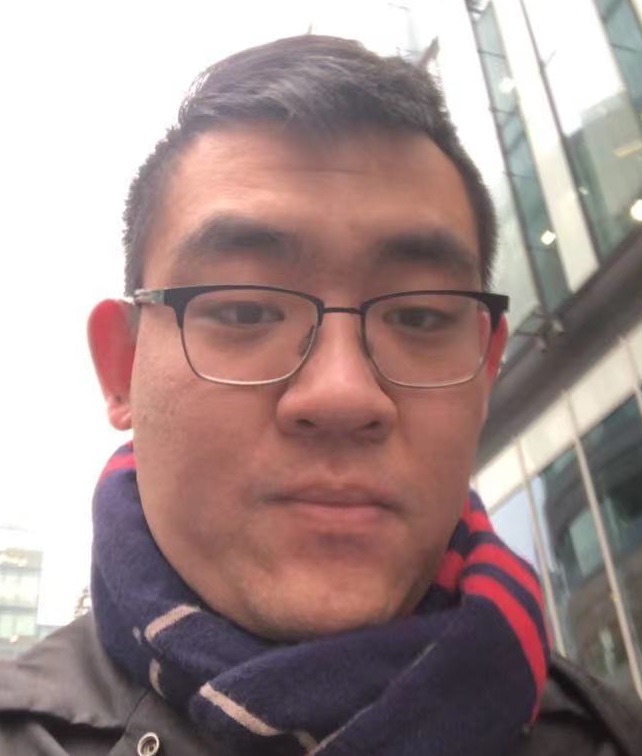 Sangchu Quan
Sangchu Quan
Educated at the University of Nottingham (BSc in Civil Engineering) and Johns Hopkins University (MSE in Mechanics and Materials), Sangchu conducts electrochemical and mechanical experiments to understand hydrogen-metal interactions including ingress, diffusion and embrittlement. 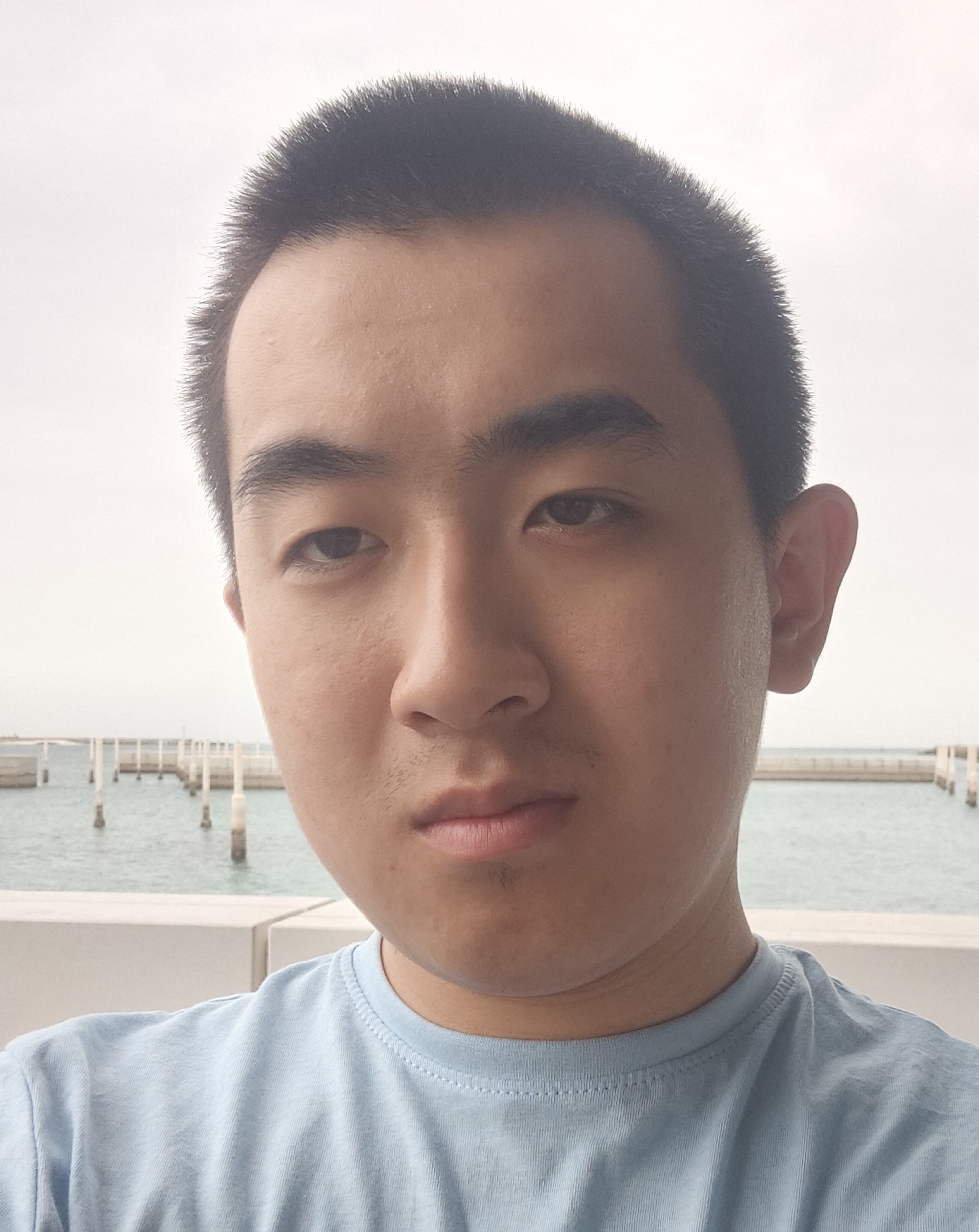 Ruizhi Chai
Ruizhi Chai
Educated at Imperial College London (MEng in Civil & Environmental Engineering), Ruizhi works in conducting critical experiments to unravel the mechanisms underlying hydrogen embrittlement and stress corrosion cracking. 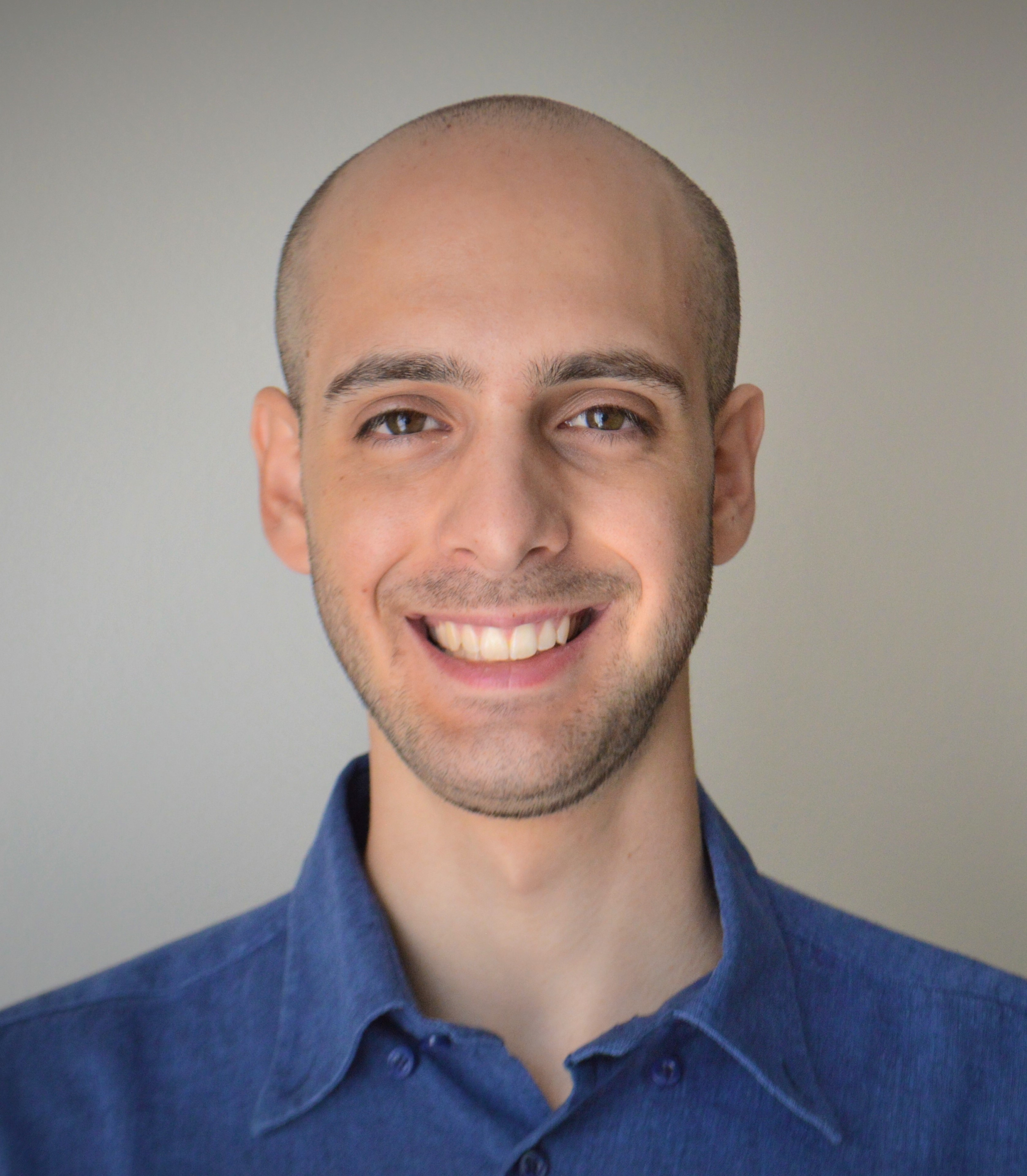 Lorenzo Chiaverini
Lorenzo Chiaverini
Educated at City, University of London (First Class MEng in Civil Engineering), Lorenzo works on developing new micromechanical models to understand the deformation and fracture of quasi-brittle solids, including low-carbon cements. He is funded by an EPSRC DTG award.
Former members
Enrique García-Macías: former postdoc (IC Research Fellow). Currently: Assistant Professor at the University of Granada [Paper 1] [Paper 2] [Paper 3]
Adriá Quintanas-Corominas: former postdoc (Margarita Salas Fellow). Currently: Scientist at the Barcelona Supercomputer Centre [Paper 1]
Visitors
Alireza Golahmar (2022 - 2023) [Paper 1] [Paper 2] [Paper 3]
Chuanjie Cui (2021 - 2022) [Paper 1] [Paper 2] [Paper 3]
Danhui Yang (2021 - 2022)
Guillermo Alvarez (2021 - 2022)
Officially co-supervised external PhD students
Alireza Golahmar. Development and application of phase field models for fracture mechanics-based assessment of fatigue life of offshore wind structures in a corrosive environment. Technical University of Denmark [2020 – Present]
[Paper 1] [Paper 2] [Paper 3]
Alain Islas. CFD Modelling of dust explosions. University of Oviedo [2020 - Present]
[Paper 1] [Paper 2] [Paper 3]
Yousef Navidtehrani. Micromechanics of rock fracture. University of Oviedo [2020 - Present]
[Paper 1] [Paper 2] [Paper 3] [Paper 4]
Philip K. Kristensen. Damage modeling in aggressive environments. Technical University of Denmark [2019 - 2023]
[Paper 1] [Paper 2] [Paper 3] [Paper 4] [Paper 5] [Paper 6]
Rebeca Fernández-Sousa. Hydrogen resistant steels. University of Oviedo [2019 - Present]
[Paper 1] [Paper 2]
Ingrid Holte. Advanced damage models with intrinsic size effects. Technical University of Denmark [2018 - 2021]
[Paper 1]
Sandra Fuentes-Alonso. Numerical modelling of brittle fracture in metallic materials. University of Oviedo [2016 - 2020]
[Paper 1] [Paper 2] [Paper 3]
Susana del Busto. Numerical analysis of hydrogen embrittlement through cohesive zone models. University of Oviedo [2014 - 2017]
[Paper 1] [Paper 2] [Paper 3]
There are numerous ongoing research projects and outstanding candidates are welcomed to inquire regarding postdoc and PhD opportunities at any time of the year.
Contact us
Write to e.martinez-paneda@imperial.ac.uk for establishing a collaboration or to inquire for vacancies.